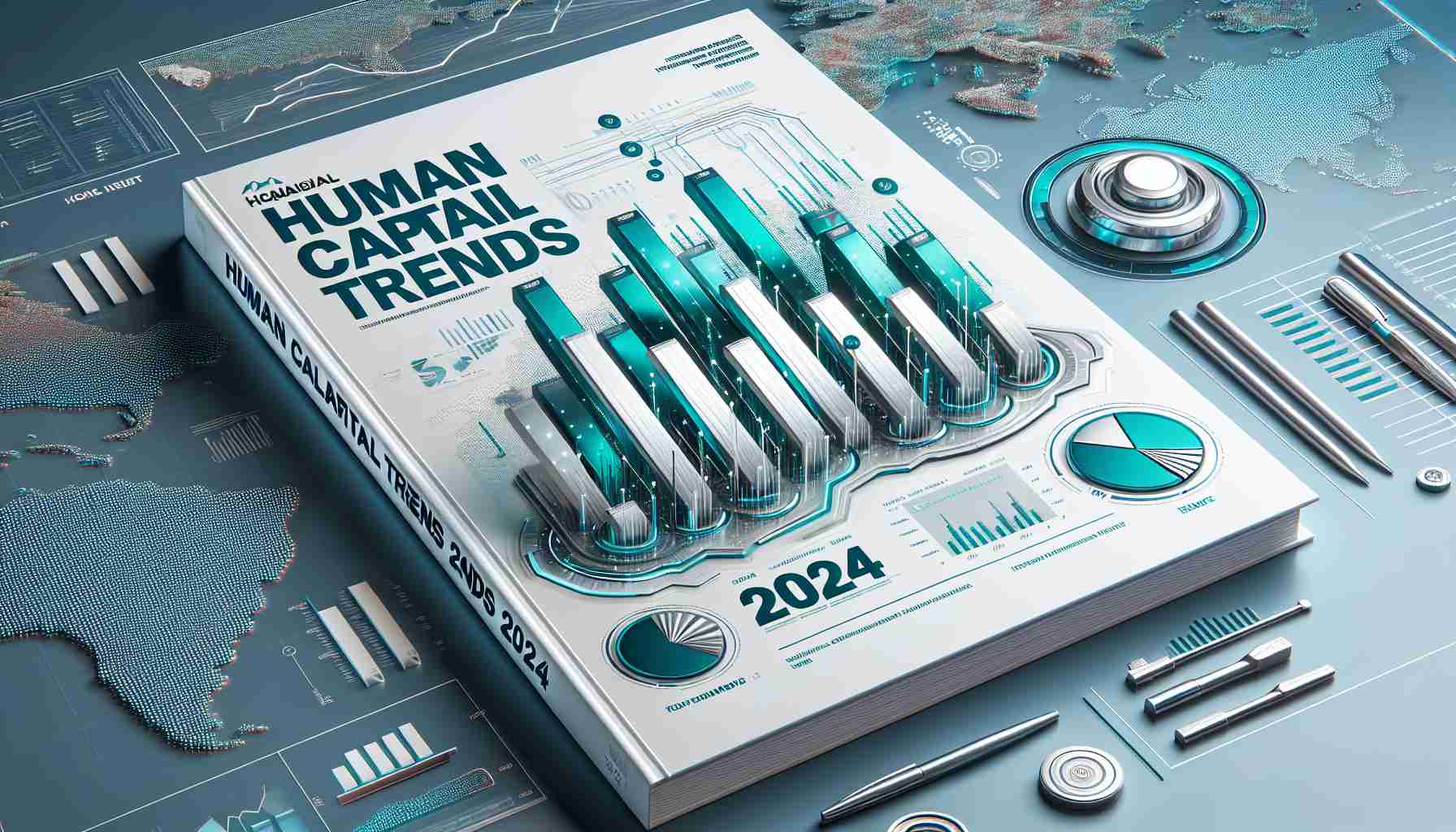The Future of Human Performance in the Business Sector
In an in-depth study capturing global industry insights, Deloitte’s 2024 “Human Capital Trends” report, based on feedback from over 14,000 participants across 95 countries, unveils some noteworthy developments. Alessandro Ghilarducci from Deloitte Consulting emphasizes the value of human contribution in progressing organizations, introducing the concept of ‘Human Performance’—a symbiotic relationship enhancing both individual and business value.
Assessing Organizational Contribution
The report acknowledges that despite the critical role individuals play, only a small portion of respondents (17%) believe their organizations to be highly effective in assessing the value added by their people. Conversely, a majority (53%) recognize being at the nascent stages of this journey. Looking at the Italian landscape, 41% report visible improvements by their organizations in this regard.
Trust in the Workplace: A Priority for Italian Workforce
Trust between the organization and its employees in Italy seems crucial amidst challenges such as misinformation, outsourcing, mergers, downsizing, and digital transformations. High levels of the Italian workforce (87%) prioritize the need for trust and transparency.
Artificial Intelligence: Harmonizing with Human Skills
The integration of AI in the office is reshaping business practices, demanding a balance between human and machine capabilities. While finding the perfect equilibrium might be complex, 67% of Italian survey respondents are optimistic about AI’s prospective benefits over possible drawbacks. Additionally, there’s a call for organizations to guide employees on leveraging their distinct human skills in a high-tech future, a transformative step just 43% of companies have begun.
High Tech Skills: AI Apprehensions Drop with Frequency of Use
Though organizations globally aim to boost AI use, a Deloitte study reveals only a small fraction of workers receive relevant training. However, familiarity often leads to comfort, as seen in millennials and Gen Z users, where a large majority view AI as beneficial, particularly for work-life balance and job enhancement.
Multifaceted Organizations and ‘Microcultures’
Acknowledging the varied workplace cultures among teams and regions is increasingly vital. Leaders (73%) recognize that culture can differ significantly within an organization, impacting daily operations. This point is underscored by a substantial number of employees who cite cultural misalignment as a cause for leaving their organizations.
The Deloitte “Human Capital Trends” report of 2024 focuses on the integration of human performance into business strategies. While the article mainly addresses the findings of the report, adding contextual information could provide a richer understanding of the importance and implications of these trends.
Important Questions and Answers:
– Q: How does the concept of ‘Human Performance’ differ from traditional performance metrics?
– A: Human Performance emphasizes the symbiotic relationship between individual human capabilities and organizational outcomes, rather than focusing on financial metrics alone.
– Q: Why is trust in the workplace prioritized by the Italian workforce?
– A: Trust is crucial as it fosters a positive company culture and can lead to increased productivity, better employee engagement, and retention in a time of global uncertainty and frequent changes in the business environment.
Key Challenges:
– Measuring the value added by human capital is complex and must consider qualitative contributions that are not easily quantified.
– Establishing trust requires consistent effort and transparency, which might be daunting in a rapidly evolving business landscape with variables like AI integration.
– Reskilling and upskilling employees to work alongside AI remain significant challenges.
Controversies:
– There’s an ongoing debate about AI and job displacement, with concerns about whether AI will eliminate jobs faster than the economy can create new ones.
Advantages and Disadvantages:
– Advantages: Leveraging human skills alongside AI can lead to more efficient and innovative workplaces. Workers who are comfortable with AI can achieve a better work-life balance and enhance their productivity.
– Disadvantages: If not managed effectively, the rapid pace of digital transformation can lead to cultural misalignment, trust issues, and anxiety among employees about job security.
For more information on industry insights and professional services, you may visit Deloitte’s official website using this link: Deloitte. Please note that the given link directs to the main domain, and specific reports or articles may be found through their search function or publication sections.

